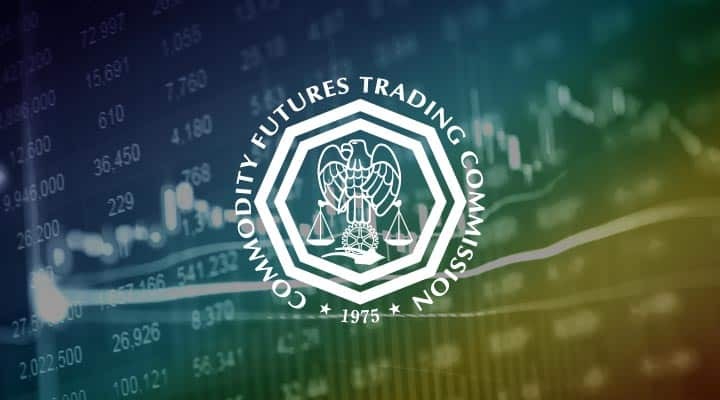The US Commodity Futures Trading Commission (CFTC) announced on Monday that it has entered into a consent order for the charges brought against Denari Capital and its two owners, Travis Capson and Arnab Sarkar, for forex pool fraud.
The consent order includes a permanent injunction, monetary sanctions and equitable relief against the defendants.
As detailed by the regulatory press release, the defendants ran the fraudulent operations at least between August 2012 to December 2019. Denari solicited pool participants for investments and misrepresented the past profitability of the company’s forex trading by issuing false account statements.
Furthermore, the court order found that the forex investment pool failed to receive pooled funds under the pool’s name, improperly commingled pool funds, and even failed to provide required commodity pool disclosures.
The defendants did not even register with the CFTF, which is mandatory for running such an investment pool. Additionally, Capson made a false representation to the National Futures Association (NFA) during an examination conducted in 2019, saying that Denari had been trading forex with proprietary funds since 2015 and did not trade for third parties until 2019.
The court order issued by the California district court finds the company and the two owners liable for engaging in forex pool fraud and for failing to register themselves with the CFTC for running the operations. Capson faced additional charges for misrepresentation to the NFA.
Heavy Penalties
As per the order, Capson and Sarkar now have to pay $250,000 and $166,000, respectively, as civil monetary penalties. Moreover, the company and the owners have to pay $3.66 million as restitution to the victims of the scheme.
Furthermore, they are facing a permanent injunction, a permanent registration ban, and a five-year trading ban.
Meanwhile, this remains one of the many successful busts of the CFTC against illegal investment fraud targeting US investors. Earlier this month, the CFTC ordered an individual to pay $7 million related to binary options fraud.

















